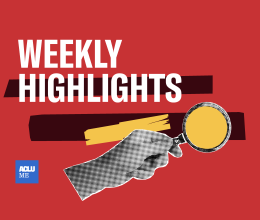The man that last week revealed the massive National Security Agency surveillance program to the world came forward over the weekend. Edward Snowden has been working at the NSA for the last four years as an employee of various outside contractors, including Booz Allen and Dell.
Much is being made about the extent of the government’s data collection, and Snowden’s decision to blow the whistle.
Below are links to a few of the pieces we’ve found especially insightful:
Edward Snowden: the whistleblower behind the NSA surveillance revelations (by Glenn Greenwald, Ewen MacAskill and Laura Poitras, the Guardian): The individual responsible for one of the most significant leaks in US political history is Edward Snowden, a 29-year-old former technical assistant for the CIA and current employee of the defence contractor Booz Allen Hamilton. Snowden has been working at the National Security Agency for the last four years as an employee of various outside contractors, including Booz Allen and Dell.
Checks, balances, and the National Security Agency (by the ACLU’s Jameel Jaffer and Ben Wizner, msnbc.com): Over the course of three days, the usually invisible National Security Agency has become ostentatiously visible and many Americans do not like what they see. In an effort to address the widely shared feeling that our vaunted system of checks and balances has utterly failed us, President Obama reassured the public Friday that the now-exposed spy programs were sanctioned by “all three branches of government.” Is that true?
Yes and no.
Edward Snowden, the N.S.A. Leaker, Comes Forward (By Amy Davidson, the New Yorker): “I, sitting at my desk, certainly had the authorities to wiretap anyone, from you or your accountant, to a federal judge or even the President, if I had a personal e-mail,” Edward Snowden told the Guardian. Snowden is twenty-nine; he had worked in a technical capacity for the C.I.A. and then, by way of his employer, Booz Allen Hamilton, as a contractor for the N.S.A. He is the reason our country has, in the last week, been having a conversation on privacy and the limits of domestic surveillance. That was overdue, and one wishes it had been prompted by self-examination on the part of the Obama Administration or real oversight by Congress. But both failed, and it came in the form of Snowden handing highly classified documents—a lot of them—to journalists.
NSA surveillance program: what we're reading now
Related Issues
Related content
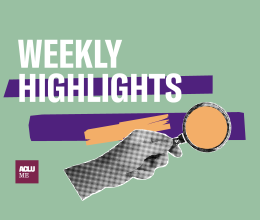
Weekly Highlights April 28 – May 2
May 2, 2025
Educators Speak Out on Harms of Unlawful Education Department...
April 22, 2025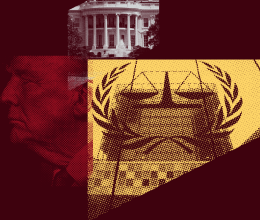
Defending Freedom of Speech - Smith v. Trump
April 11, 2025
Weekly Highlights: April 7 – 11
April 11, 2025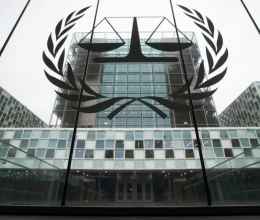
Human Rights Advocates Sue Trump Administration Over Sanctions...
April 11, 2025
Weekly Highlights: March 31 – April 4
April 4, 2025
Weekly Highlights: March 24 - 28
March 27, 2025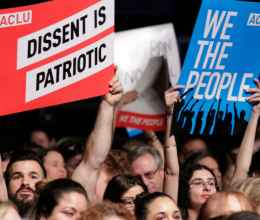
Federal Employees File Class-Action Complaint Against Trump...
March 26, 2025